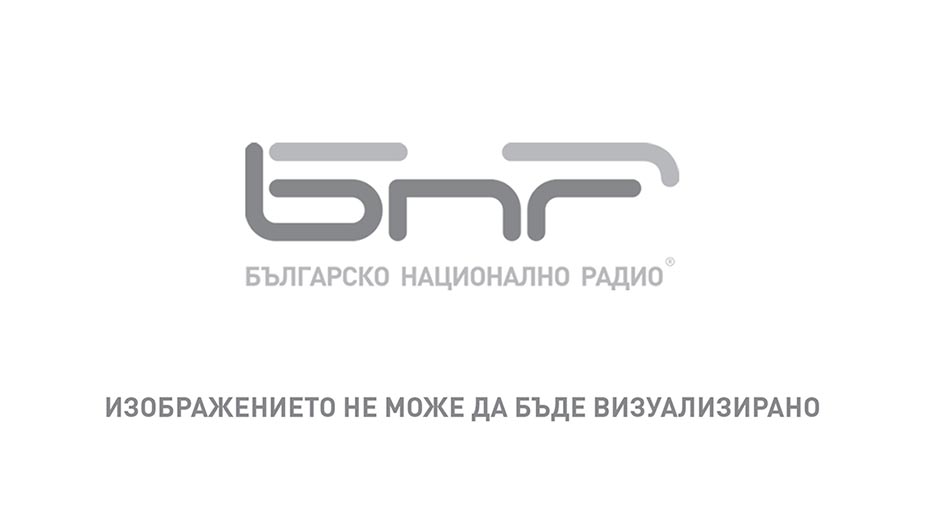
Problems with the water supply in Bulgaria have been growing more and more serious. With a population of under 7 million, there are 315,000 people in the country living under water rationing. The water supply is disrupted in 17 regions, 40 municipalities, 12 towns, 160 villages. Water rationing is in place in Pernik, but also in Lovech, Teteven, Pleven, Dobrich, Kotel, Omurtag and elsewhere.
Bulgaria is not a country where water is in abundance even though it is mountainous rather than desert land. But climate change has been more and more poignant, with flooding and prolonged dry spells which have been disputing the normal water supply to the population. Bulgaria is second in Europe, after Iceland, in the number of mineral springs on its territory, but many of them are not fit to be exploited and, in practice, play no role whatsoever in the country’s water balance.
The situation would not have been so alarming if the pipeline water leakage rate wasn’t so staggering – an annual 500 million sq. m., or 56 percent of the vital natural resource, according to National Statistical Institute figures. And instead of dropping, water losses go up every year. In Europe, 20 percent is considered an acceptable level of pipeline water losses.
The situation is most dramatic in the regional town of Pernik not far from the capital city Sofia. There people are supplied with water for no more than a few hours a day and have to stock up in all kinds of containers for the rest of the day in an attempt to cope with the water crisis, over which the authorities declared a state of emergency in the town. The dam lake which supplies the town is almost empty, and the search is on for new water sources, but one thing is clear – there well and truly is an emergency in the town. The government allocated the town and the region emergency aid amounting to EUR 17 million for urgent measures to counter the water crisis, though it is abundantly clear that 17 million is not going to solve the water problems on the entire territory of the country - it is going to take bigger investments in the water supply system. If Bulgaria improves its water supply and sewerage at the current rate, it will take no less than 35 years for people in the country to have access to a high-quality water service, according to the World Bank which wrote a water strategy for the country. In order to be able to cope with waste water purification, reduce water leakage losses and raise quality, almost EUR 12 billion has to be invested in the water and sewerage sector over the next 10 years, the bankers from Washington say.
Prime Minister Borissov made a contribution of his own to the solution of the problem, launching a rather exotic idea – the nationalization of all water supply companies and replacing them with a single national state company that will supply drinking water to the entire population of the country. The opposition Bulgarian Socialist Party on its part threatened the prime minister and his cabinet with a vote of no confidence. But at this point the only real step towards solving the problems of lack of money for investments is the nationwide increase, of up to 9 percent depending on the town and region in the price of water as of 1 January, 2020. Critics will say that this means raising the price of something that is not there, and they will, largely, be right. According to Ombudsman Diana Kovacheva, to raise the price of water including in Pernik, a town living under water rationing, is unfair to the public. Because it is not fair for people to pay more for something they are not using, not because they do not want to, but because they are not given the chance to.
But there is one more very important aspect to the problem. As if the water shortages were not enough, it turns out there is misappropriation, with dam water being drained by hydropower plants. On instructions by PM Borissov, Minister of Agriculture Desialava Taneva is to look into reports that Bebresh hydropower plant in Botevgrad is exceeding the water volume it is allowed to use by the water authority.
Otherwise Bulgarians are not among the biggest consumers of water. The average daily consumption of drinking water by households in 2018 is estimated at 99 litres per person, the same level as in 2017. The biggest consumers of water are in Sofia 126 litres per person per day and people in Blagoevgrad – 117 litres per person per day, bottom of the list being Turgovishte at 69 litres per person per day and Sliven – 70 litres per person per day. In France water consumption is in excess of 170 litres per person per day in Switzerland – 160 and in the UK – 149 litres per person per day.
No disruptions or price increases are expected on Bulgaria’s fuel market following the US sanctions imposed on Russian oil companies Rosneft and Lukoil, Bulgarian Petroleum and Gas Association Chairman Svetoslav Benchev told BTA. "For now, I..
The annual growth of Bulgaria's gross domestic product will remain above 3% in the period 2025-2027 , according to a report by commercial credit insurer Allianz Trade, BTA reports. According to Allianz this means that the Bulgarian economy will become..
With the introduction of the euro on January 1, Bulgaria will benefit from the stability, liquidity and all the advantages of the common currency, European Central Bank President Christine Lagarde said in an interview with public service..
Foreign direct investment (FDI) in Bulgaria posted the largest net inflows from the Netherlands, Italy and Greece in the first half of 2025, the Bulgarian..
KBC Group expects the Bulgarian economy to grow slightly more next year in comparison to its previous forecasts, according to the..

+359 2 9336 661
